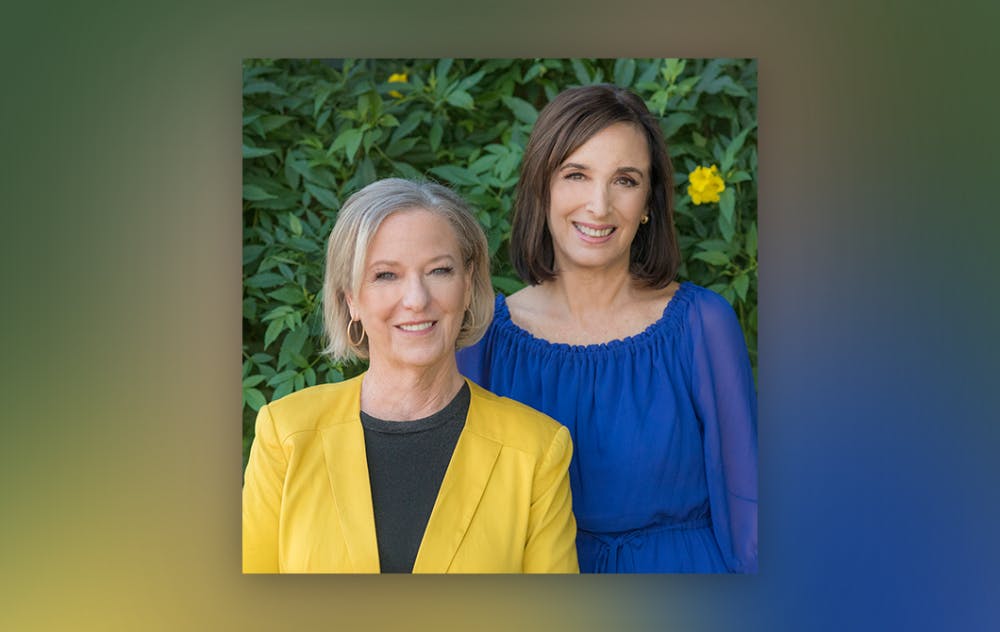In the 1970's, men could swear and smoke in the newsrooms but it wasn't acceptable for women to cry.
It's this contradiction that helped Cronkite Dean Kristin Gilger come up with the title of her forthcoming book "There’s No Crying in Newsrooms: What Women Have Learned About What It Takes to Lead."
Gilger is cowriting the book, which is slated to come out in July 2019, with Cronkite professor of practice Julia Wallace. The book will tell the stories of women who came into newsrooms in the 1970s when lawsuits allowed them in, along with women working in present-day newsrooms.
"They weren’t particularly welcomed, but they fought their way to the top," Wallace said. "It focuses on women from then until current times, and how they got into leadership positions, what they did when they got there, and the lessons they’ve learned along the way."
Gilger said writing the book was difficult, but coming up with a title was equally as challenging. The two struggled with the work's title for over a year, until one day when Gilger was driving home with her daughter, and “There's No Crying in Newsrooms,” came to mind in light of her favorite movie, "A League of Their Own."
After Gilger thought of the title, she said it made perfect sense, because crying in the newsroom was not something women were allowed to do.
“If you had to cry, you would go to the restroom,” Gilger said.
Prior to working together at the Cronkite school, Wallace and Gilger were colleagues at The Arizona Republic and Oregon's Statesman Journal.
When Gilger called Wallace and asked her if she wanted to help her write the book, she accepted.
The duo has been working on the book for over a year and plan to sell it on Amazon and and in some bookstores as well.
The topic of women leadership in the news industry is something Gilger thought about for a long time prior to writing the book, adding that she and Wallace were working in the news business at a time when a large number of women entered newsrooms across the country.
Gilger said there were multiple reasons behind the duo's decision to write this book, with a harsh realization that even years later, many female journalists continue to experience the same difficulties they did.
“From being at Cronkite and working with students, it was clear to us that things didn’t change as much as we hoped they would," Gilger said. "We also have daughters who are facing the things we faced."
Additionally, it also occurred to Gilger that women who emerged as news leaders in the 70s and 80s never really had their stories told. Gilger and Wallace were also curious about what women’s experiences were, and what they could pass on to future female journalists.
“We interviewed over 100 people, most of them women, and the biggest surprise to both of us was that women were so eager to talk to us about their stories," Gilger said. "It’s like nobody has ever asked them this before, and they had so much to say."
One of the women interviewed was Cronkite adjunct faculty member Tracy Greer. Greer stated she was happy to participate because the topic of women in media is something she finds very important and relevant.
"The industry is in a place where majority of journalism school students are young women, but media management jobs are overwhelmingly held by men," Greer said in an email. "The numbers are especially stark in sports media."
Correction: A previous version of this story incorrectly stated Tracy Greer's position at ASU. It has since been updated to reflect her correct position.
Reach the reporter at brnewma1@asu.edu and follow @brookerae17 on Twitter.
Like The State Press on Facebook and follow @statepress on Twitter.




